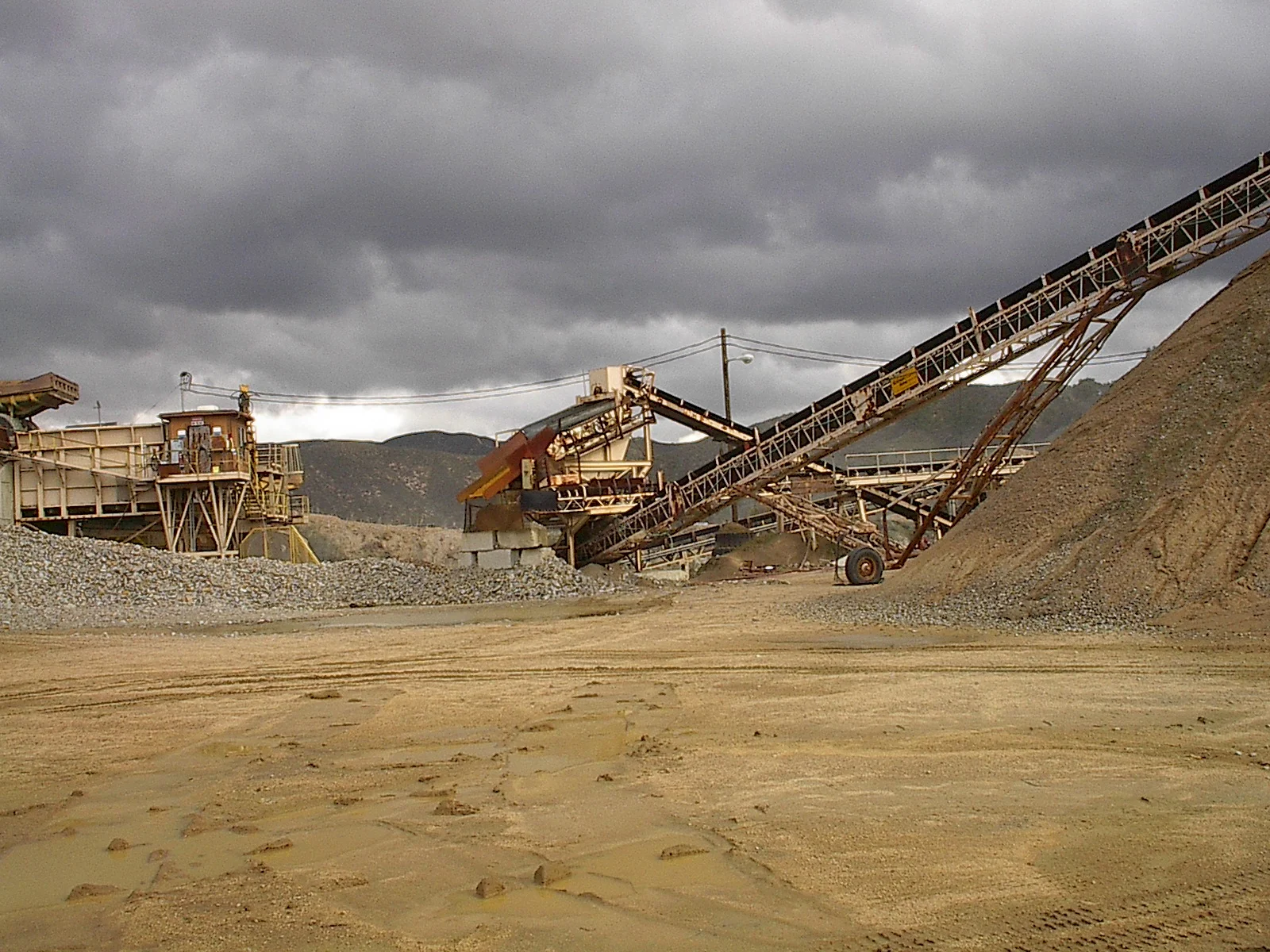Written by Crystal Howard.
Mining is an essential part of California’s economy and history. The state’s mineral wealth was responsible for its rapid growth and continued development. Regulation of the state’s mining industry began in 1975 with the adoption of the Surface Mining and Reclamation Act (SMARA). A number of amendments have strengthened its protections, but increased regulatory burdens have raised the bar for access to all but the largest producers.


